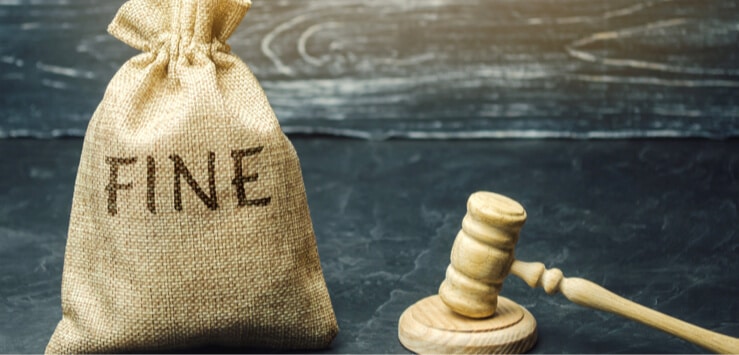A bill introduced on March 1 into the Pennsylvania Legislature calls for increasing the severity of penalties for underage gambling at the state’s brick-and-mortar casinos.
The legislation, House Bill 657, sits with the House Gaming Oversight Committee and doesn’t yet have a scheduled hearing. Under the measure, sponsored by state Rep. Thomas Murt, a Republican from a district just north of Philadelphia, the fines for the underage gamblers themselves would increase.
Under current law, wagering or attempting to wager at a slot machine or table game can result in a $200-$1,000 fine (in addition to the confiscation of winnings). Second offenses and beyond can result in a $500-$1,500 fine and up to 40 hours of community service. Per Murt, there isn’t currently a penalty for merely entering a casino, though Pennsylvania fines the casinos for incidents of allowing underage access.
“My legislation will increase these penalties and differentiate between a young person being on the casino floor and a young person wagering, or attempting to wager on a game on the casino floor,” Murt wrote in a memo outlining the intent of his bill, which has three co-sponsors.
Murt’s bill doesn’t mention online gambling, which could launch in the Keystone State this summer. Underage online gambling is also illegal, but it is far less common thanks to identify verification safeguards. In a little over five years of online gambling, the state of New Jersey has had just one incident and fine.
Penalties under Murt’s bill
Murt wants to try to deter underagers from even attempting to gamble.
“Gambling among young adults is currently at a high level,” said Murt’s memo. “Studies have shown that young people age 18-21 are three times more likely than other groups to have gambling problems. Much of the research indicates that young people are not only gambling at a higher rate than adults, but are also at greater risk of developing serious gambling problems. While the motivations for gambling tend to be diverse, they are most frequently expressed in terms of a desire to make money or for enjoyment.”
For being on the casino floor if under age 21:
- First offense: fine up to $250
- Second offense: fine up to $500 and not less than 20 hours of community service
- Third offense: fine up to $1,000 and not less than 50 hours of community service
For wagering or attempting to wager if under 21:
- First offense: fine up to $500
- Second offense: fine up to $1,000 and not less than 40 hours of community service
- Third offense: fine up to $2,000 and not less than 100 hours of community service
The Pennsylvania Gaming Control Board already puts underage gamblers on a casino exclusion list, but Murt’s bill would codify that into law. For entering a casino, an underager could see a minimum of six months to two years on the state’s exclusion list (commencing when they turn 21). For wagering or attempting to wager, it would be a minimum of one year for a first offense, minimum two years for a second offense, and a minimum of five years for a third offense.
The legislation would provide a diversionary program for those in hot water. A court could order the underage individual to a counseling or treatment program for problem gambling. Upon successful completion, the underage gambling would be expunged from the person’s record.
How big is the problem?
Pennsylvania casino regulators don’t release official data on the prevalence of underage gambling or attempted underage gambling. However, the PGCB does make public the fines it levies against casino licensees for some incidents. For example, the Mount Airy Casino Resort was fined $170k back in December for 17 underage gambling incidents dating back to early 2016.
All Pennsylvania casinos have to combat underage gambling. The situation with Mount Airy wasn’t unique.
Murt’s bill comes in the wake of the 2017 gambling expansion law that allowed for online gambling, sports betting, satellite casinos, truck stop and airport gambling, and the online lottery. During this period of implementation, state officials have shown themselves to be serious about the impact of problem gambling.
The PGCB recently declared March 2019 to be Pennsylvania’s “Problem Gambling Awareness Month” and hosted a series of events to bring attention to the initiative.
“Our agency has made outreach for problem gamblers a priority since the opening of the first casinos in Pennsylvania over 12 years ago,” PGCB Executive Director Kevin O’Toole said in a statement. “With the expansion of gaming beyond the walls of the casinos, our agency is expanding its efforts in ensuring the tools will be available to self-exclude from gambling or limit one’s spend or time spent on gambling.”
Photo by Andrii Yalanskyi / Shutterstock.com






